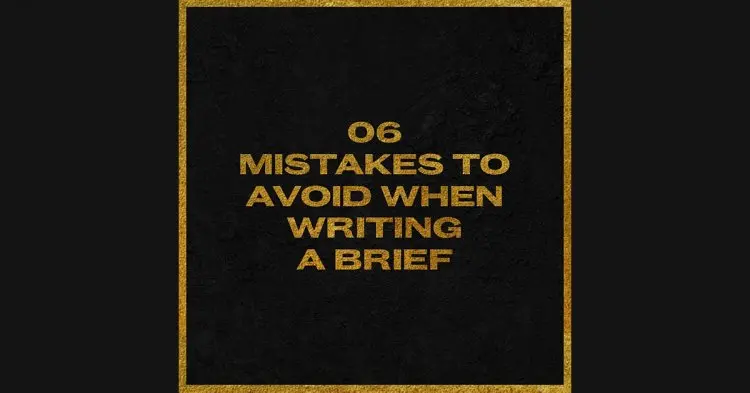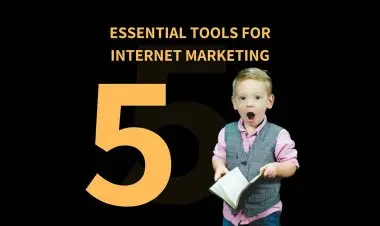6 Mistakes To Avoid When Writing A Brie
6 Mistakes to Avoid when writing A brie

6 Mistakes To Avoid When Writing A Brie
1. THE PSYCI-HC BRIEF
Leaves out crucial information by assuming some requirements are standard by default or that people already know what you know. •
For example, if you don't ask for the new blog redesign to include social media sharing buttons, don't be surprised if the developer doesn't include them.
2. "ME LAZY BRIEF
Have a look at our' competitor's website. The products and selling points are pretty similar, so that should tell you everything you need to know.
3. TI-IE BACK-TO-SCI-400L BRIEF
Uses the briefing process as a way to extract a ton of free marketing advice.
A little guidance and s few recommendations can be par for the course, particularly when working with small businesses and inexperienced owner-operators. But if you're hiring someone to do your copywriting, for example, you're not also hiring them to tell you what your product's selling points should be, or help you establish who your campaign should target.
4. TI-IE "ONE MORE TI-IING" BRIEF
Continually adds new details, tweaks and small requests that keep nudging the finish line a little further away, while gradualiy morphing the project beyond the originally agreed scope.
While a scope of work will usually include one or two rounds of feedback and minor corrections, these shouldn't be treated as opportunities to introduce new requests not stated in the original brief.
5. TI-IE WAR AND PEACE BRIEF
Includes way too much information, or too many lengthy attachments.
Do they really need to read an entire 65-page sales deck and three white papers before writing that 150-word marketing email? You're paying the creator to create, the producer to produce, the writer to write. You're not paying them to read the equivalent of a Russian novel.
6. TI-1E JIGSAW BRIEF
Not so much a brief as a casual series of instructions sent in bits over time; some in emails, others as comments during Zoom meetings or within Slack threads.
This can often happen when the agency or freelancer is engaged too early, while internal discussions and deliberations are still ongoing.






